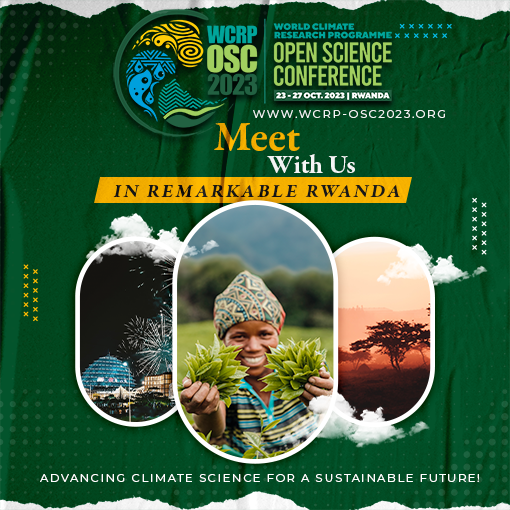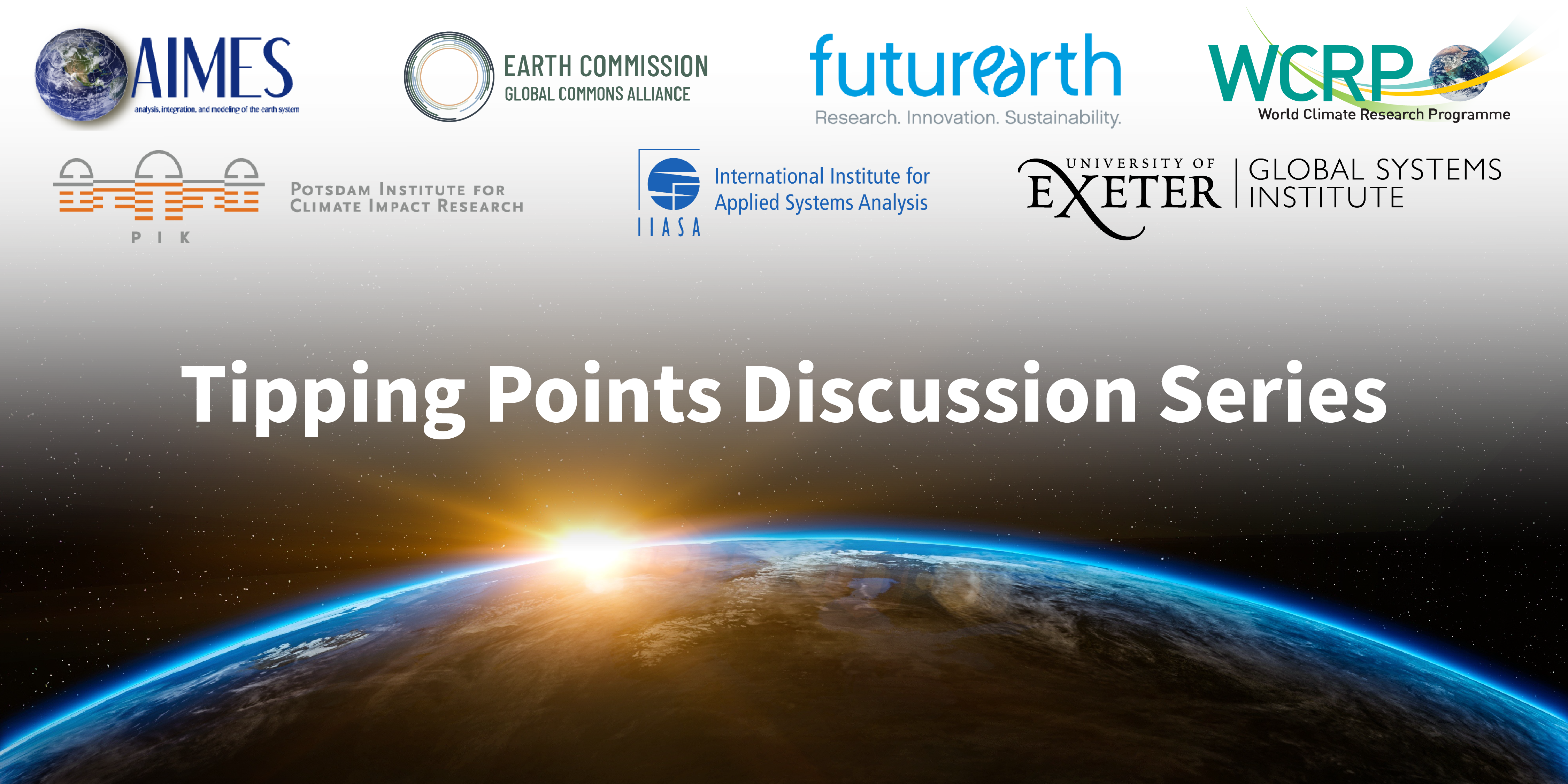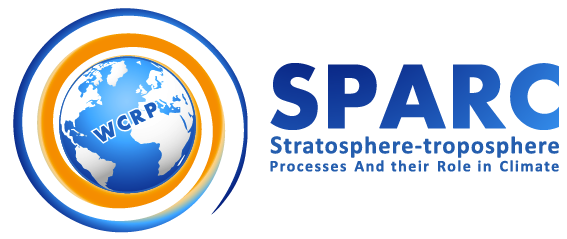We are pleased to announce a “Hunga-Tonga impacts” open science workshop aligned to the new SPARC HTHH cross-activity focus project, the online event on Tue 16th & Wed 17th May 2023.
SPARC has established a new cross-activity focus project on the impacts from the 2022 Hunga-Tonga Hunga-Ha’apai eruption (HTHH) and will co-ordinate a 2025 “Hunga-Tonga impacts report” aligned to the 2026 UNEP/WMO Scientific Assessment of Ozone Depletion.
The 15th January 2022 HTHH eruption was the most explosive in the satellite era, and represents a new regime of volcano-climate forcing, where emitted water vapor and emitted SO2 are each causing substantial radiative forcings and impacts on the stratospheric ozone layer.
We invite Abstracts on the full breadth of science around the Hunga-Tonga volcanic cloud and its impacts, with the Abstract deadline 2 weeks tomorrow (Friday 21st April).
The workshop aims to encourage collaboration and discussions towards the Hunga-Tonga impacts report, and we invite interested scientists from the atmospheric science and geoscience communities to join the meeting to hear latest findings on the eruption’s effects
Please register for the event at the workshop website.
The online meeting will be 2 half-day sessions (13:00UT to 17:30 UT), with Hunga-Tonga science talks, and the workshop website hosting links for discussion of online poster PDFs.
We look forward to you joining the meeting, and we are grateful to SPARC for sponsoring the event, to keep registration costs low.



